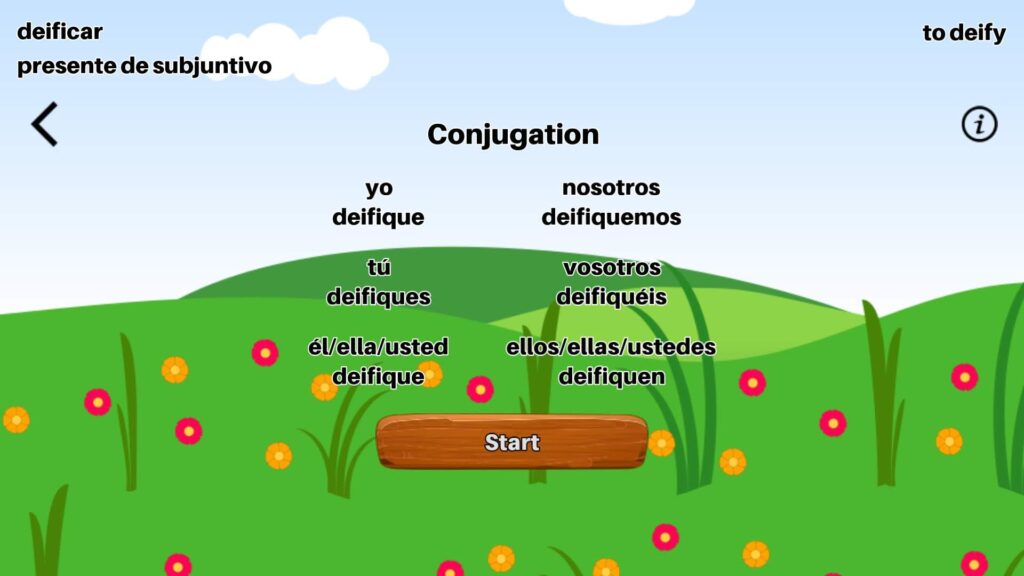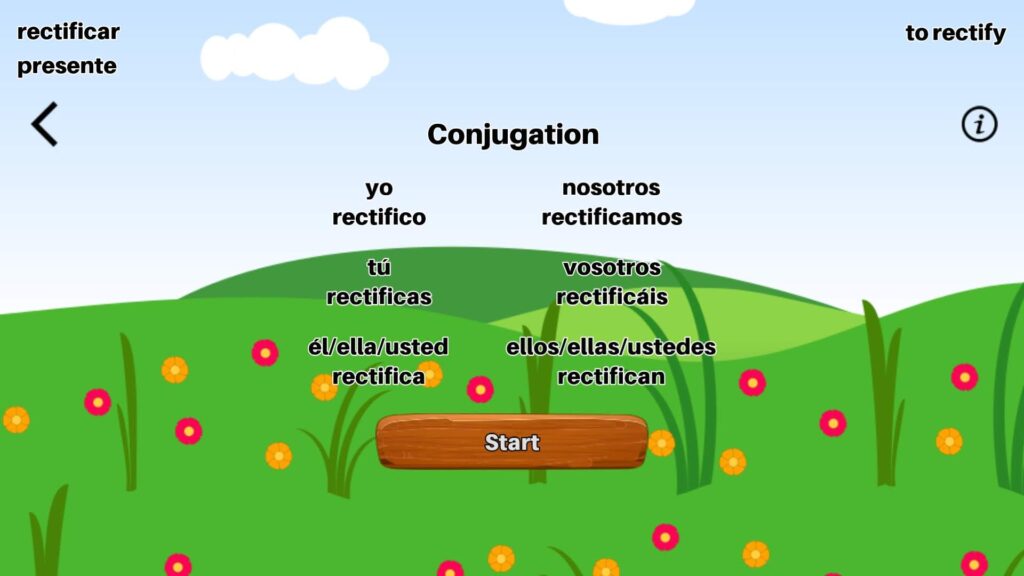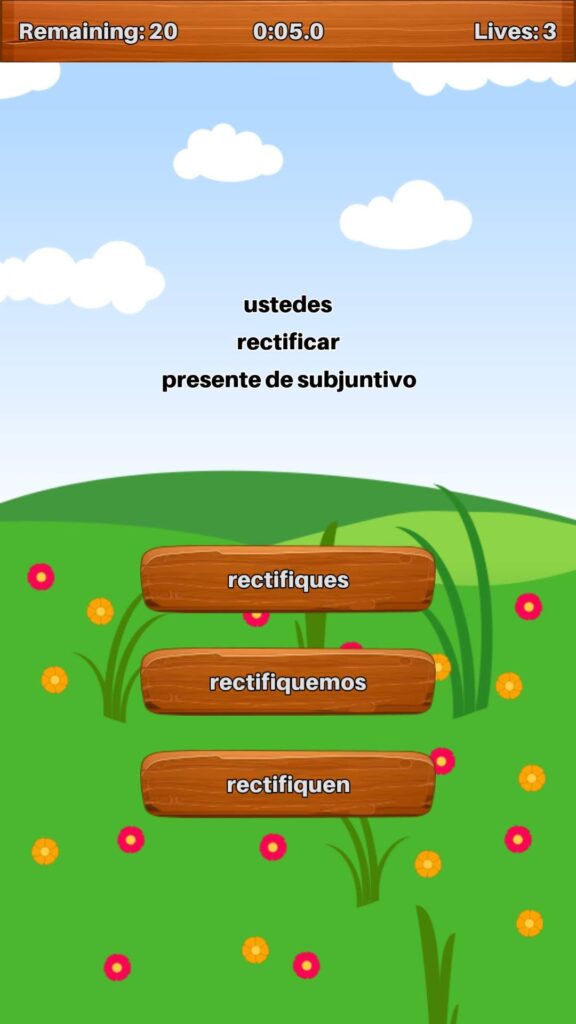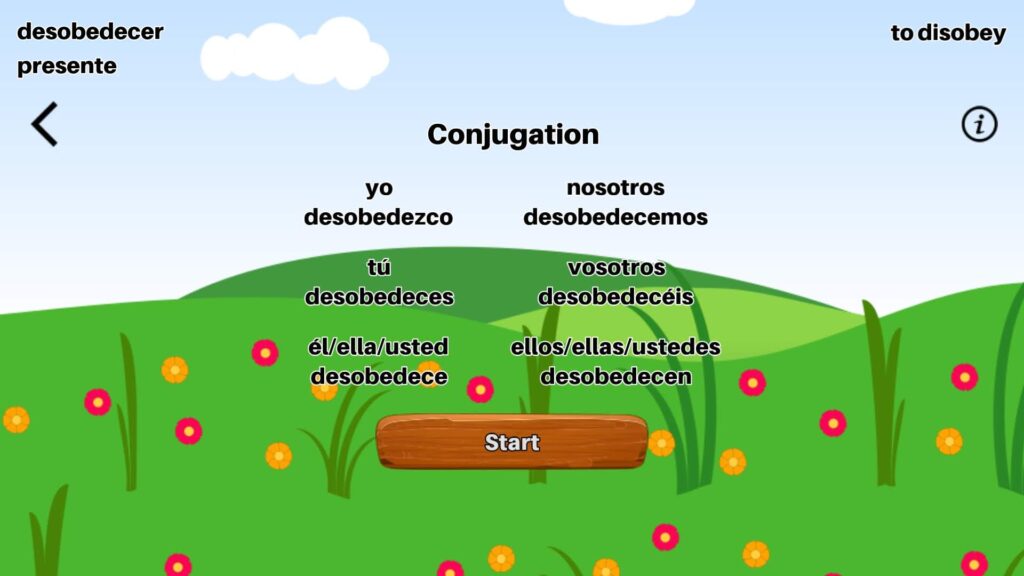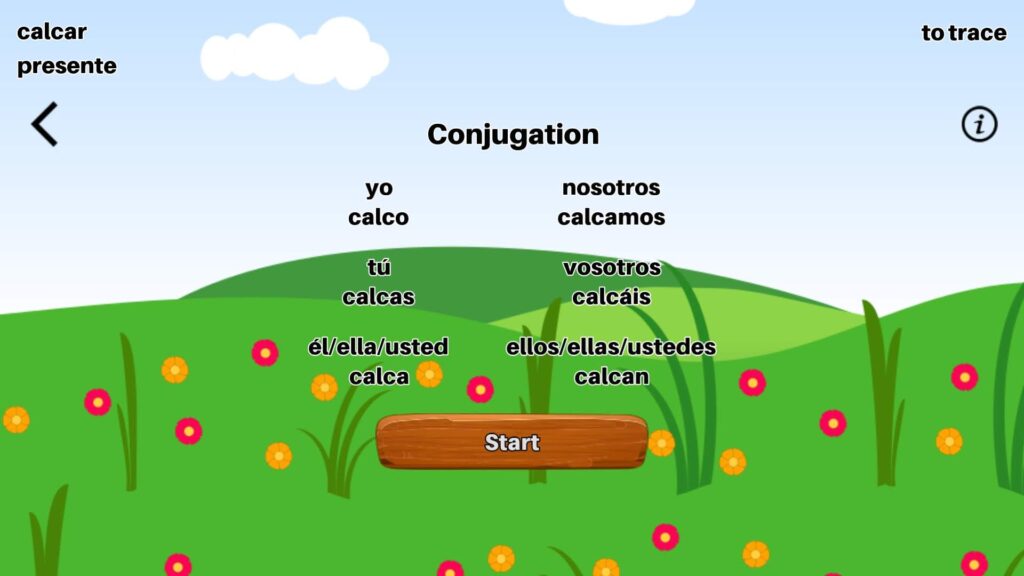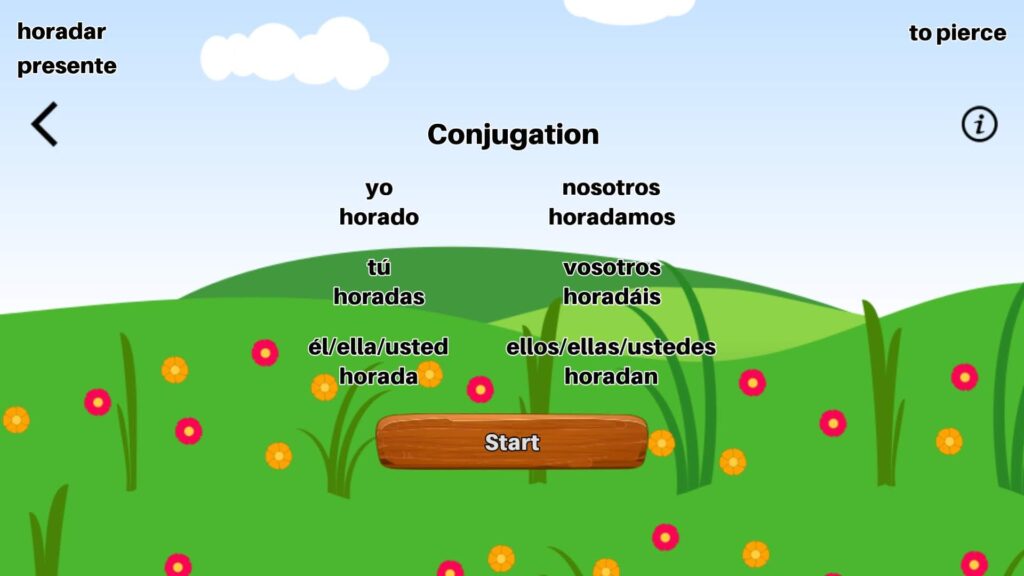Ah, “prender.” It’s a simple little word with a surprising amount of versatility. Today, we’re diving into the meaning of “prender”—which, in this context, means “to pin.” Now, don’t go confusing this with setting something on fire (yes, “prender” can also mean “to ignite”!), because today, we’re focusing on that act of pinning. Whether you’re pinning a badge, pinning a note, or pinning your hopes on finally mastering Spanish verb conjugation, “prender” has you covered!
Why “Prender” is the Perfect Verb for Today:
Let’s be honest—we all need something to pin our hopes on, right? Especially when it comes to tackling the seemingly endless world of Spanish verb conjugation. Lucky for you, you’ve got this amazing app (yes, this one you’re using right now) to help guide you through the labyrinth of tenses, moods, and irregularities.
Imagine you’re pinning your hopes (and your future fluency) on this very app, just like you’d pin a motivational quote to your corkboard. Because, with a little perseverance and a lot of practice, you’ll soon be conquering verbs like a pro.

Example Sentence:
“Voy a prender mis esperanzas de aprender español en esta app… ¡y no pienso quitarlas!”
(“I’m going to pin my hopes of learning Spanish on this app… and I’m not taking them down!”)
Prender Quiz Time!
- Which of the following sentences uses “prender” correctly?
- A) Prendí el botón en la camisa.
- B) Prendí la luz cuando entré en la habitación.
- C) Prendí mi esperanza en aprender español.
(Answer: Trick question! They’re all correct, but only A and C fit our “to pin” theme today!)
So go ahead, pin your hopes on learning these forms too! With this app, you’ll be conjugating like a native in no time. Now, get out there and start pinning those verbs down! 💪📚
Saludos,
Daniela from the DOMA Games team



